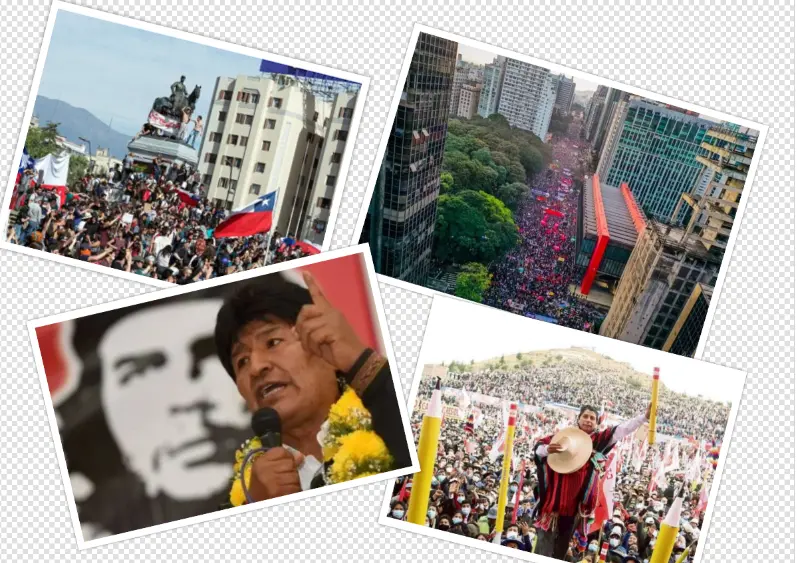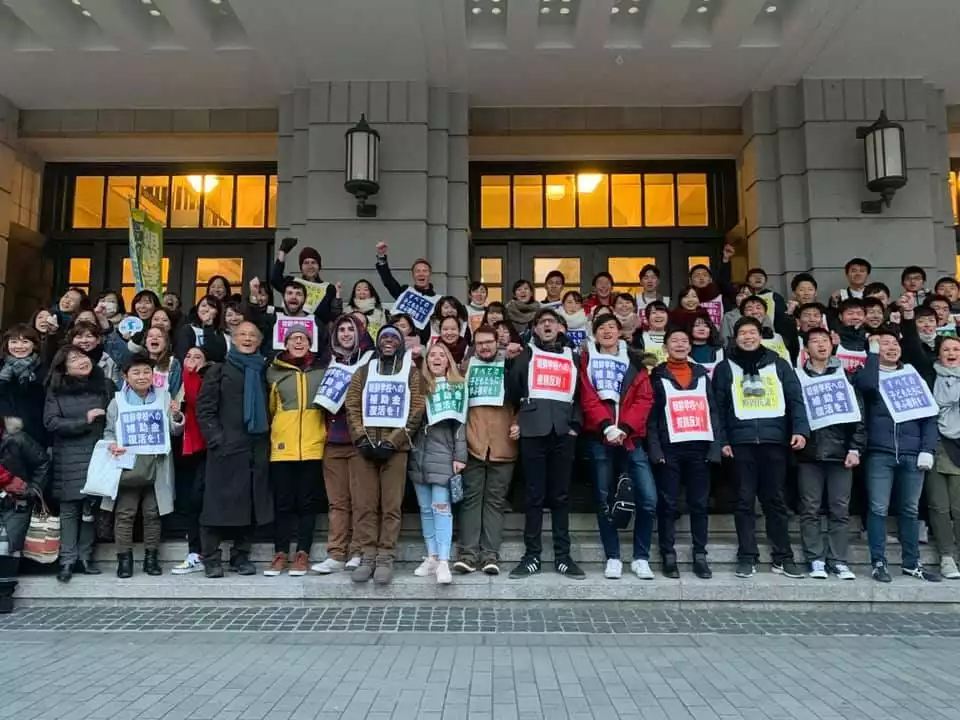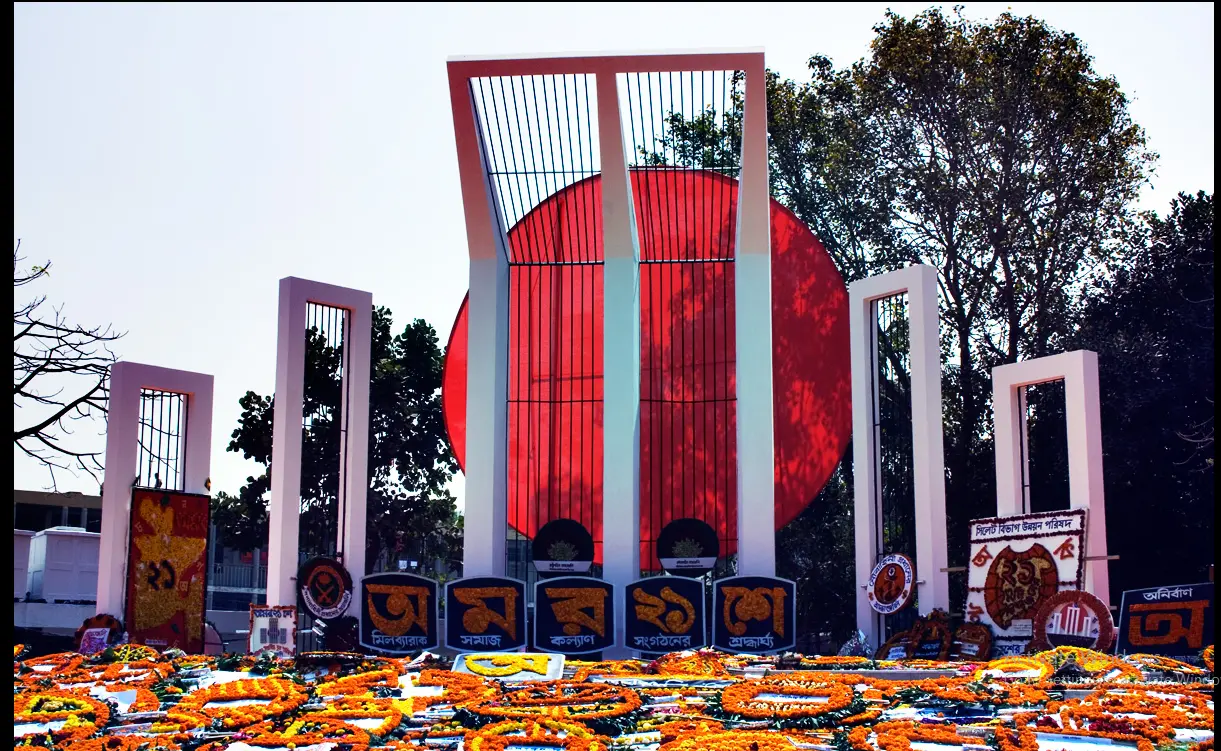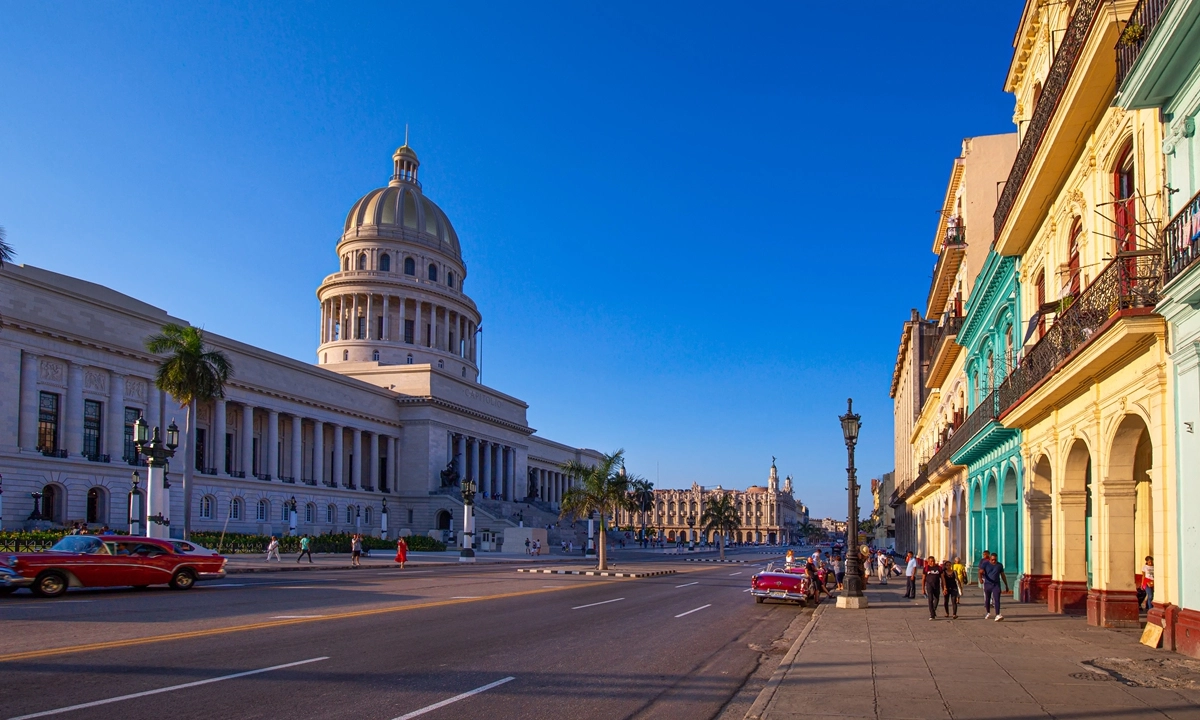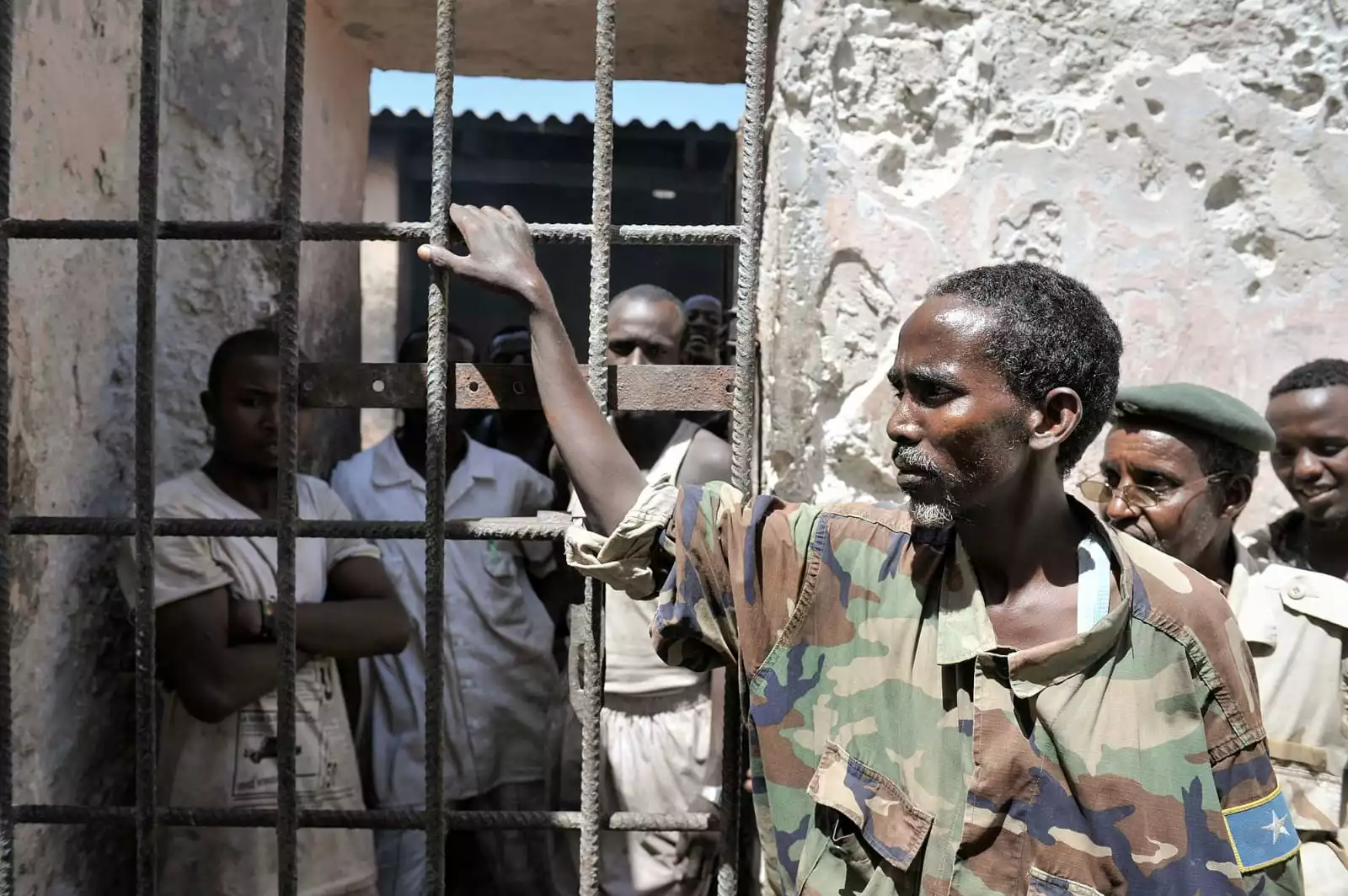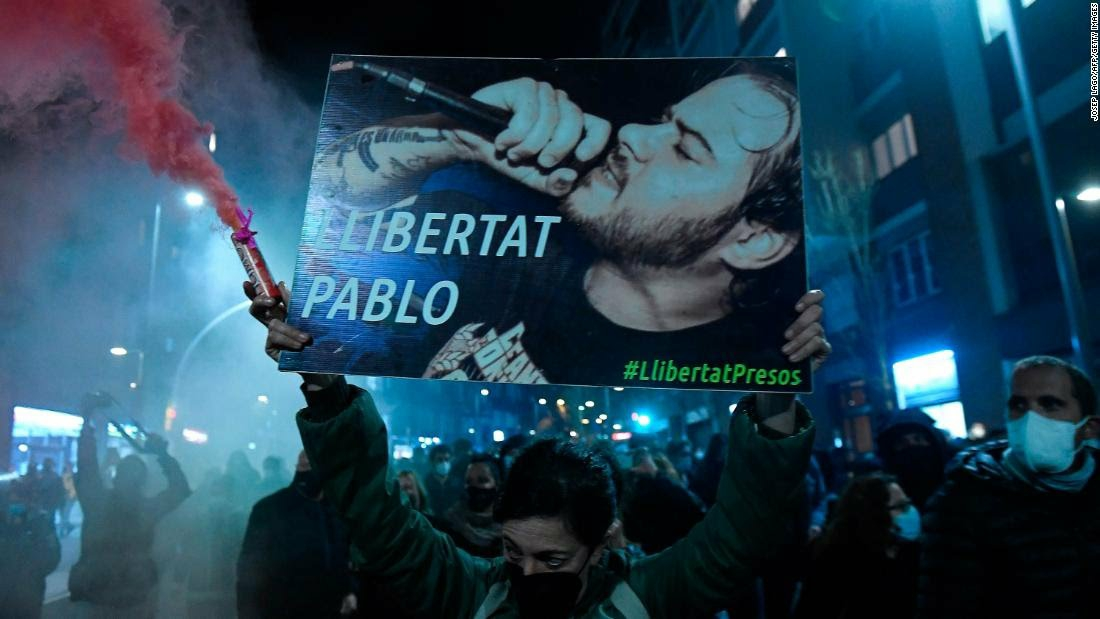Introduction:
Today we are in the midst of the emergence of a new wave of socialism across Latin America. In the last couple of years, we have witnessed the return of the Movement Towards Socialism party to power in Bolivia via Luis Arce’s electoral victory; the victory of Peru Libre, a Marxist-Leninist and Mariáteguist party, guided by the rural schoolteacher Pedro Castillo; the poll-leading Chilean Communist Party presidential candidate Daniel Jaude; the Colombian revolts against the neoliberal US puppet government of Iván Duque; the expunging of the fabricated charges of corruption against Lula da Silva, making him eligible to run again in 2022 (he was ahead in all polls before the fabrications of corruption in 2018); and more. The region which has been the historical victim of European colonialism, imperialism, and the breadth of its modern forms via the United States, now finds itself, once again, actuating the herculean task of rejecting submissionto the largest empire in human history,and affirming its struggle for an autonomous, socialist, and internationalist existence. In the complexity of this context, a Marxist reflection on the failures of the first pink tide, and how to prevent their recurrence in the current one is of grave importance.
Typology of the First Pink Tide:
The beginning of the 21st century in Latin America was marked by a crumbling neoliberal capitalism and the upsurge of a series of socialist and left-wing governments subsequently known as the “pink-tide.” This pink tide, initiated with the 1998 election of Hugo Chavez in Venezuela, was not homogenous. Corresponding to their historical context, and to the consequent level of imperialist pressure, each country provided different forms and levels of resistance to neoliberalism. Typically, theorization of this pink tide has noticed a split between those governments which had reformist and those which had revolutionary aims.
The late Marta Harnecker, former student of Althusser, decades-long active participant in the Cuban revolutionary process, and leading Chavista theorist of 21st century socialism, drew a tripartite typology of the governmental situation in Latin America in her 2015 textA World to Build: New Paths toward Twenty-First Century Socialism. Harnecker states that there are 1) those governments which wish to give neoliberalism a makeover (Colombia, Mexico, Chile, etc.), 2) those which sustain neoliberal policies but emphasize social issues (Brazil, Uruguay, Argentina), and 3) those which seek to break with neoliberalism and support popular mobilizations (Bolivia, Ecuador, Nicaragua, and Venezuela). Harnecker found that the latter group, more radical in nature, grew out of movements based on large coalitions, where decentralized democratic communes, grounded on the historical presence of Amerindian communal socialism, were considered the “fundamental building blocks” for the development of socialism. This socialism appears, as Mariátegui emphasized, not as a “carbon copy” of the socialism that arose in other continents, but as a unique “heroic creation” of the traditional “communistic spirit” of the region’s indigenous traditions. In embracing these traditional regional characteristics, it sought to distinguish itself from the forms of socialism that arose in the previous century.
A similar typology is present in William Robinson’s 2008 Latin America and Global Capitalism, where a distinction in the pink tide is made between those progressive reformist governments seeking “mild distributive programs” but no threat to the existing property relations (Brazil, Argentina, Uruguay, and Nicaragua), and the radical ones seeking a transformation in class, structural, and international relations (Venezuela, Bolivia). For Robinson there was also a century-unique difference to these new left-wing projects. In contrast to the socialist projects of the 20th century, these new experiments grew out of grassroots movements centered around community organizing (as opposed to economic organizing), came to power through democratic electoral activity (as opposed to doing so through guerilla warfare or other means outside of bourgeois institutions), and largely sustained the existing liberal-democratic bourgeois state (as opposed to establishing a proletarian state).
With the exception of their difference concerning the categorization of Nicaragua, the Harnecker-Robinson typology of Latin America falls in line with the dichotomy of this ‘left’ proposed by anti-communist Mexican foreign minister Jorge Castañeda (cited by both), who saw a central distinction between the “good left” (the mild-reformist one), and the “bad left” (the radical-revolutionary one). In considering that Robinson’s text is at the beginning of the pink tide (the last countries in the tide had just taken power), and Harnecker’s at the end (right before the conservative backlash), we can observe a certain typological uniformity throughout the first pink tide, marked by this distinction between radical and reformist tendencies.
The Conservative Wave and its Lessons Moving Forward:
Shortly after the publication of Harnecker’s text, a conservative turn would take place in many of the previous pink-tide countries. Brazil saw the emergence of Michel Termer after the illegitimate, US backed impeachment of Dilma Rousseff – this, along with the imprisonment of Lula, was a precondition for the 2018 electoral victory of Jair Bolsonaro and neofascism in Brazil. Along with this we have Peronist Cristina Fernández’s loss in Argentina (2015); the loss of socialist president Michelle Bachelet in Chile (2018); the turn towards neoliberalism of Lenín Moreno (2018); the US backed coup in Bolivia (2019); and more. In all of these cases, the American empire’s influence was present, primarily in manufacturing and disseminating a mountain of fabricated evidence used in the incarceration of Lula and the impeachment of Dilma, as well as the bloody fascist coup in Bolivia.
Although imperialism played in these losses a determining role – through mechanisms like funding the opposition and its media, limiting the scope of what the left-wing government could do through alliances with the national bourgeois classes, economic blockades, or outright threat of military force – we must still identify the errors made which could have prevented these losses. We emphasize that although 1) these government’s actions and errors are determined by imperialist pressure, that is, their errors exist within the historical presupposed boundaries set upon it by the internal and external pressures of American imperialism and global capitalism, nonetheless 2) within the sphere of this pressure, only a struggle to move beyond those boundaries, that is, a struggle for the structural change necessary to make the imperialists instruments and tactics futile can allow a true solidification of power in the hands of the working-class party.
What does this mean? A working-class party in power is working on borrowed time if it does nothing to change the fundamental bourgeois nature of the existing state apparatuses. The liberal-democratic electoral processes, the legal institutions, the military, the police, in essence, the entirety of the politico-legal-ideological superstructure, are fundamentally bourgeois. The seizure of power must be followed by the immediate process to shatter these apparatuses, and to develop in its place genuine proletarian apparatuses whose most critically fundamental purpose is to keep power in the hands of the working-class. The concerns for term limits, multiparty elections, pluralistic means of communication, etc. are fundamental to the bourgeois problematic. They are concerns bound to a specific form of class society which excuses exploitation and plunder through vague appeals to abstract freedoms and distorted conceptions of democracy. This bourgeois sentimentalism must be progressively expelled when a worker’s party grabs power. Only through this progressive abolition of bourgeois ideology and state apparatuses can a working-class political victory meaningfully take up its historical role as the emancipatory agent. Socialism, as a transitory stage, must not only change the relations and aims of production, but with it all of the institutional and juridical structures which bourgeois society uses to reproduce itself materially and ideologically.
Examples of this can be seen scattered in some of the more radical governments of the first pink tide. For instance, movements in this direction can be seen in the instalment of Venezuela’s 1999 Bolivarian Constitution, which is now attempting to be sublated (in Hegel’s sense) by the 2017 Constitutional Assembly. As seen in Article 62 of the 1999 constitution, these constitutional developments heavily emphasize the ability for the masses to have an active participation in “creating, implementing and controlling” public policy as the “necessary way to achieve the protagonism that ensures its full development, both individual and collective.” It can also be seen in Venezuela’s attempts at creating new political forms of democracy, most importantly in their development of participatory and protagonistic democracyvia their cultivation of communes and community councils. In the realm of education, Venezuela’s 2009 “Organic Educational Law” has made tremendous leaps in the building of socialist consciousness. It is not without reason that even after the full force of American imperialism has come down on Venezuela, the people have remained loyal to the Bolivarian revolution and to the continual development of socialism.
In Bolivia, the quick recovery of political power demonstrates the extraordinary achievement of MAS in winning what Gramsci called the “war of positions,” that is, Bolivian socialism was able to create a “consolidation of popular hegemony.” Nonetheless, as Peruvian philosopher Sebastián León noted, “a victory in the war of positions does not guarantee the uninterrupted continuity of the revolution. It is also necessary to be prepared to win in the war of maneuvers, to defend by arms the transformation of society when the reactionaries make it necessary.” As we know from Martin Sivak’s text Evo Morales: The Extraordinary Rise of the First Indigenous President of Bolivia, the Bolivian people had demanded the arming of the revolution before the coup. Sadly, this was not concretized in time. This was the same advice Fidel told Allende in their 1971 meeting, unfortunately, the latter did not listen either.
Conclusions:
Although, as Hegel said, “the owl of Minerva spreads its wings only with the falling of dusk,” the insights of Marx, Engels, and Lenin on the necessity of abolishing the bourgeois state and establishing the dictatorship of the proletariat have been confirmed in the praxis of 20th and 21st century socialism. The examples of China, Cuba, the Democratic People’s Republic of Korea, Vietnam, etc. show that only through the progressive abolition of the bourgeois state and the subsequent development of a worker’s state can the working class sustain power, regardless of the harsh conditions imperialism puts it in. Furthermore, only under such an environment of secured power can the objective and subjective conditions for the possibility of communism, once the global situation is ripe, arise. Thus, it is not without wonder that the Latin American governments who have best engaged in this revolutionizing process have been the ones to most firmly sustain their position in power (Cuba, Venezuela, Bolivia).
These fundamental lessons must be internalized by the new wave of socialism in the continent. Although, as mentioned before, part of what can and cannot be done is determined by the pressures of imperialism, within this determination we must find the courage to push beyond these limits as much as practically and fruitfully possible. These lessons and conclusions should not be used to point the finger at our comrades and say, “you haven’t done this;therefore, you are an opportunist and a traitor to the revolution.” Instead, our critiques must be constructive and from a place of proletarian solidarity. We must support our comrades in their struggles against imperialism, but also remind them that a proletarian party in power under bourgeois state apparatuses skates on thin ice. These lessons must not be used to de-legitimize our comrade’s socialist projects, for then our activity serves the US state department in creating a ‘left’ de-legitimation campaign against socialist projects. Our critique must be supportive and done in an appropriate comradely ambient. Only if we are conscious of such lessons will this new wave of socialism not be interrupted by a reactionary backlash once again.
(Carlos L. Garrido is a Cuban American philosopher specialized in Marxist philosophy and early 19th century American socialist thought.
Edward Liger Smith is an American Political Scientist and specialist in anti-imperialist and socialist projects, especially Venezuela and China.)
